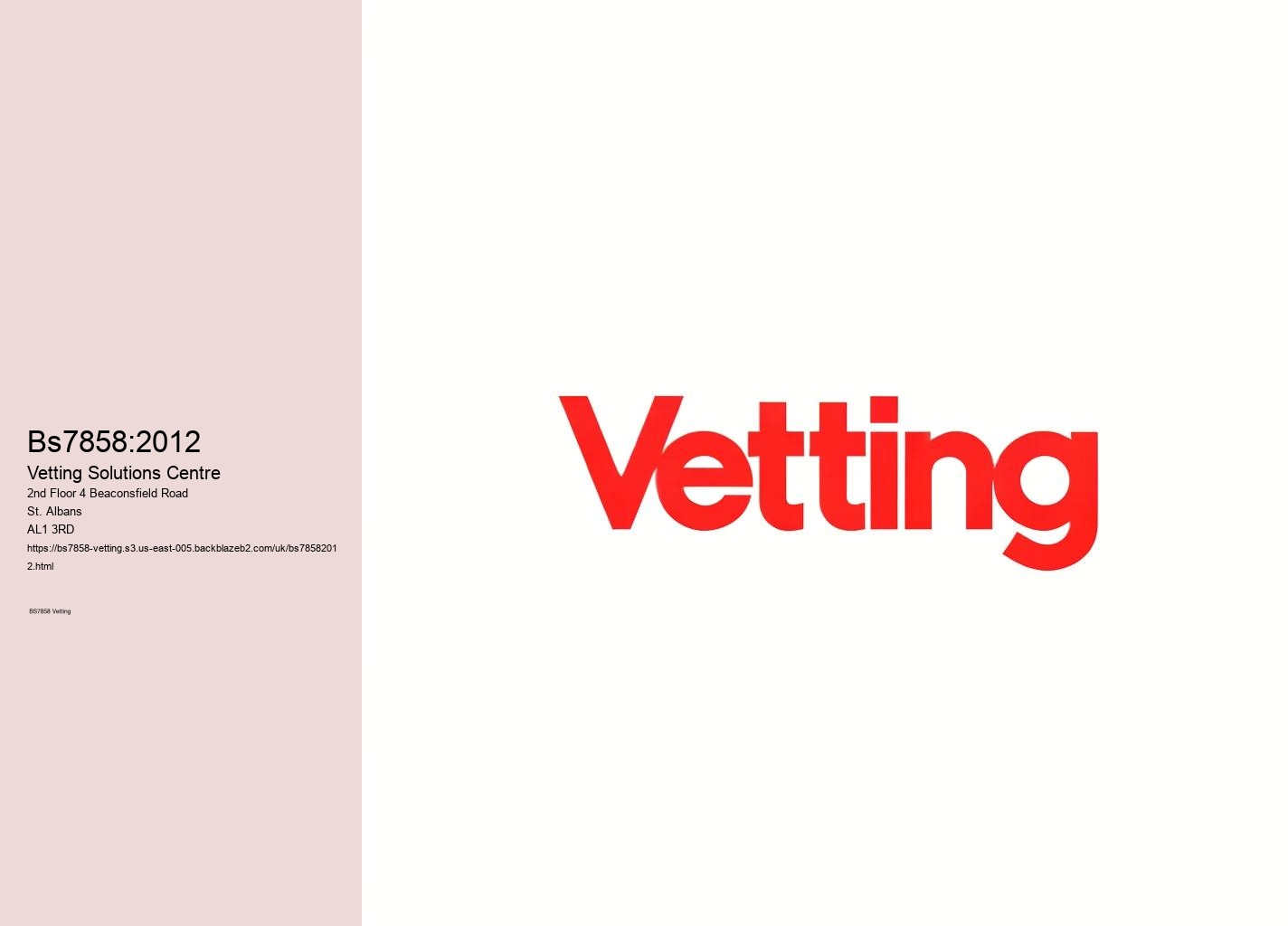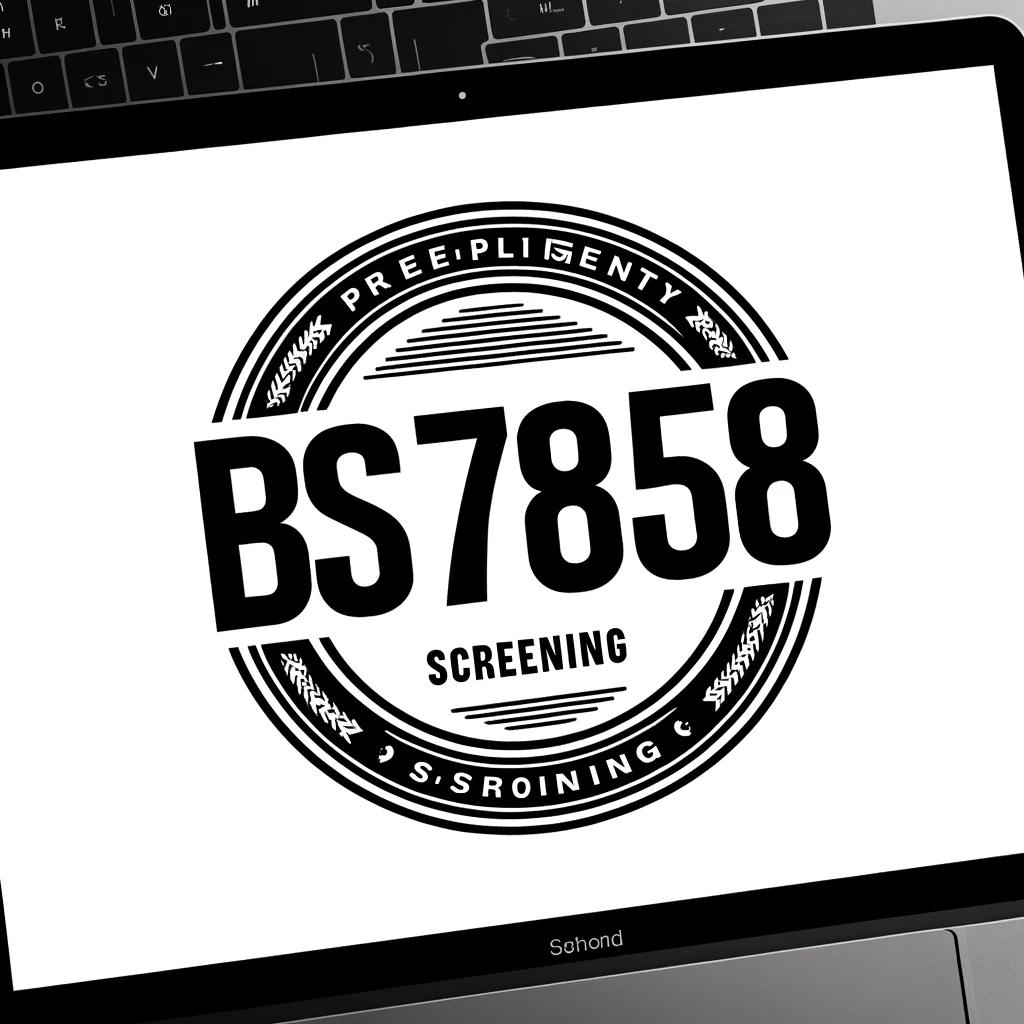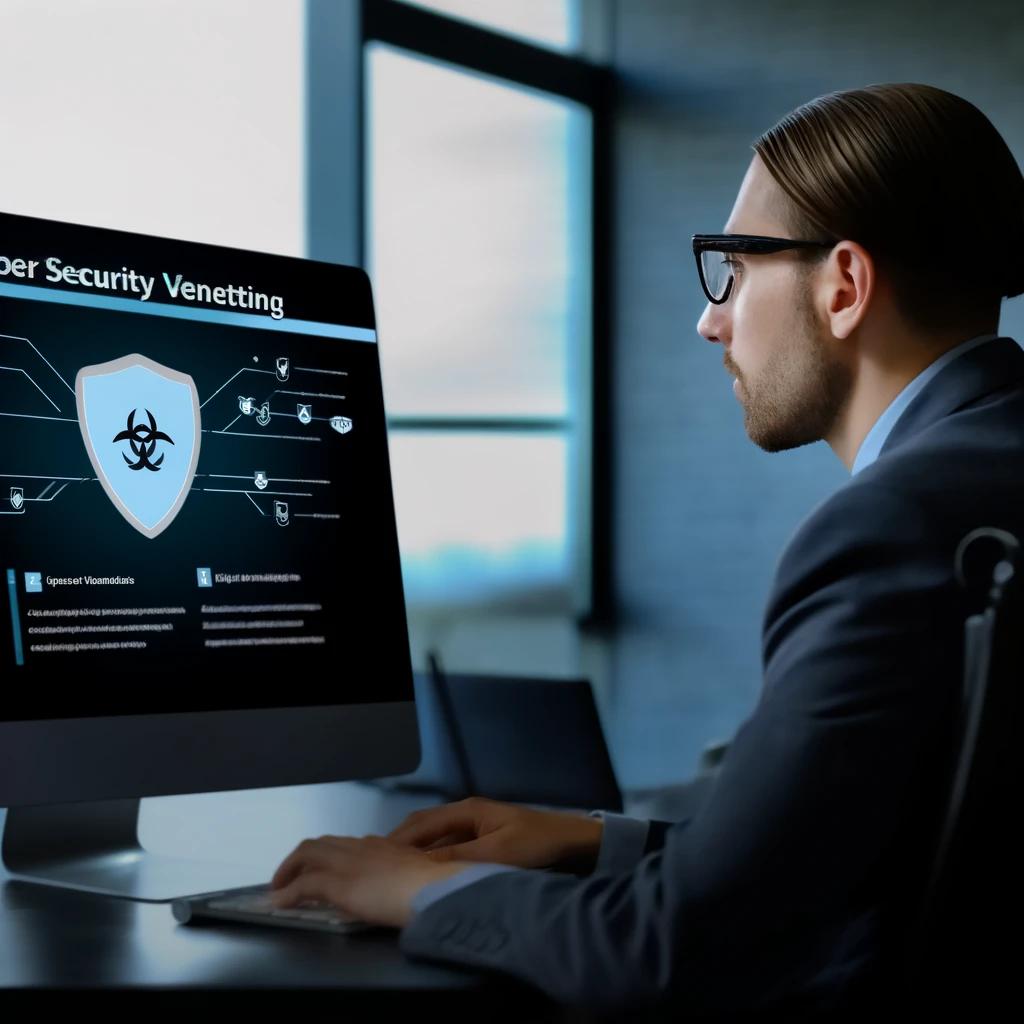

Inclusion of Digital Verification: The 2019 revision recognizes the role of digital verification methods, making the screening process more efficient and aligned with contemporary practices.
Data Protection Emphasis: With the GDPR coming into effect in 2018, the latest version includes more robust guidance on data protection, reflecting the importance of managing personal data lawfully and securely.
Six-Year Background Check: The 2019 version extends the period for which employment and background checks must be conducted from 5 years (as was the case in the 2012 version) to 6 years.
Simplified Character References: The newer version simplifies the requirements for character references, making the process more straightforward and less burdensome for both the applicant and the employer.
Annexes on Overseas Checks: Given the global nature of the workforce, the 2019 version includes detailed annexes on conducting checks for individuals from overseas, acknowledging the challenges and providing guidance on international vetting.
Flexibility and Risk Assessment: It introduces a more flexible approach to screening, allowing organizations to tailor their vetting processes based on a risk assessment, recognizing that not all roles require the same level of scrutiny.
Clarification on Terms: The 2019 version clarifies various terms and definitions within the standard, ensuring better understanding and implementation of its requirements. In summary, while both versions aim to ensure that individuals in security-sensitive positions are properly vetted, the BS7858:2019 version provides an updated, more flexible, and digitally-friendly framework that aligns with current legal and operational best practices.
BS7858 vetting is designed for roles where individuals have access to sensitive information, critical infrastructure, or are in positions of trust and responsibility, particularly within the UK's security sector. While it is not legally mandatory, many organizations across various sectors adopt it as a best practice to ensure the integrity and reliability of their staff. Here are some roles and scenarios where BS7858 vetting is typically applied:
Security Personnel: Including security guards, door supervisors, and individuals working in corporate security, tasked with protecting property, assets, and people.


CCTV Operators: Those responsible for monitoring CCTV systems in sensitive or secure areas.
Alarm Installers: Technicians who install and maintain security alarm systems.
Access Control Staff: Employees managing access to restricted areas within buildings or other premises.
Key Holders: Individuals entrusted with keys to commercial properties, allowing them access to buildings outside of normal working hours.
Event Security Staff: Security professionals working at large public or private events to maintain safety and order.
Corporate Executives: In some cases, high-level executives in sectors involving national security, financial services, or critical infrastructure may undergo BS7858 vetting.


IT Professionals: Specifically those working with sensitive data or within critical parts of the IT infrastructure that require a high degree of trust.
Facilities Management: Staff responsible for the operational management of a building or estate, where security is a key part of their role.
Private Investigators and Surveillance Operators: Individuals conducting investigations or surveillance on behalf of private clients or companies.
Cleaning and Maintenance Staff: In certain contexts, especially where they have unsupervised access to sensitive areas during off-hours.
Transportation Security: Including roles within the transportation sector that require access to secure areas or sensitive information.
The application of BS7858 is not limited to these roles alone; it can be adopted by any organization seeking to implement rigorous vetting processes for positions where security and trust are paramount. The standard serves as a benchmark for screening individuals to ensure they meet the integrity and reliability standards required for these sensitive roles.
